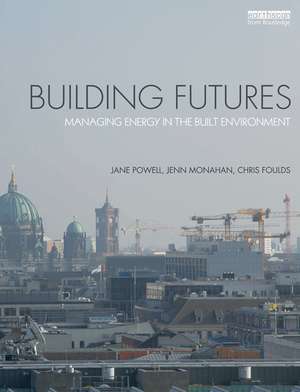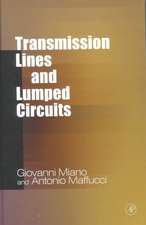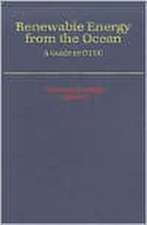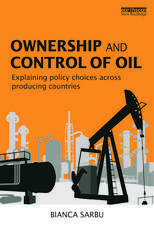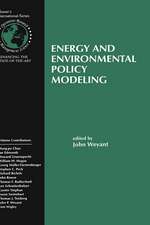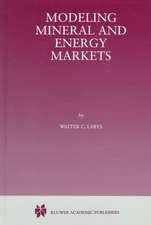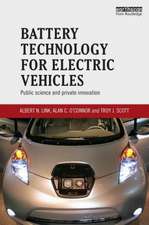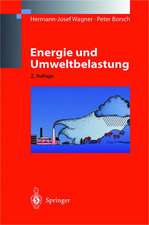Building Futures: Managing energy in the built environment
Autor Jane Powell, Jennifer Monahan, Chris Fouldsen Limba Engleză Paperback – 3 noi 2015
Building Futures offers an interdisciplinary approach to explore this lack of progress, combining technical and social insights into the challenges of designing, constructing and operating new low energy buildings, as well as improving the existing, inefficient, building stock. The twin roles of energy efficiency, which is predominantly concerned with technological solutions, and energy conservation which involves changing peoples’ behaviour, are both explored. The book includes a broad geographical range and scale of case studies from the UK, Europe and further afield, including Passivhaus in Germany and the UK, Dongtan Eco City in China and retrofit houses in Denmark.
This book is a valuable resource for students and academics of environmental science and energy-based subjects as well as construction and building management professionals.
| Toate formatele și edițiile | Preț | Express |
|---|---|---|
| Paperback (1) | 475.62 lei 6-8 săpt. | |
| Taylor & Francis – 3 noi 2015 | 475.62 lei 6-8 săpt. | |
| Hardback (1) | 1229.46 lei 6-8 săpt. | |
| Taylor & Francis – 23 noi 2015 | 1229.46 lei 6-8 săpt. |
Preț: 475.62 lei
Preț vechi: 559.55 lei
-15% Nou
Puncte Express: 713
Preț estimativ în valută:
91.02€ • 94.68$ • 75.14£
91.02€ • 94.68$ • 75.14£
Carte tipărită la comandă
Livrare economică 14-28 aprilie
Preluare comenzi: 021 569.72.76
Specificații
ISBN-13: 9780415720120
ISBN-10: 0415720125
Pagini: 268
Ilustrații: 92 colour illustrations, 25 colour tables, 2 colour illustrations, 65 colour line drawings
Dimensiuni: 189 x 246 x 15 mm
Greutate: 0.54 kg
Ediția:1
Editura: Taylor & Francis
Colecția Routledge
Locul publicării:Oxford, United Kingdom
ISBN-10: 0415720125
Pagini: 268
Ilustrații: 92 colour illustrations, 25 colour tables, 2 colour illustrations, 65 colour line drawings
Dimensiuni: 189 x 246 x 15 mm
Greutate: 0.54 kg
Ediția:1
Editura: Taylor & Francis
Colecția Routledge
Locul publicării:Oxford, United Kingdom
Public țintă
Postgraduate and UndergraduateCuprins
1. Energy use in the built environment 2. Reducing energy demand 3. Lifecycle energy and carbon in buildings 4. Energy performance gap 5. Retrofitting buildings 6. The Passivhaus energy efficiency standard 7. Ventilating the building stock 8. Building futures
Recenzii
"This book is a must read for anyone planning a career in the built environment. It accurately captures the complexities of energy demand through focusing on interdisciplinarity and astutely assesses the opportunities of smart energy in homes, retrofits and new builds. Importantly, the book puts people right at the centre of its thinking." –Philip Sellwood, Chief Executive, Energy Saving Trust
"We are on the threshold of a ‘next generation’ of design thinking. This book explores some of the shortcomings in current approaches and provides blueprints for designing genuinely better buildings in which we can successfully and comfortably survive in a warming and resource challenged future." – Sue Roaf, Professor of Architectural Engineering, Heriot-Watt University, Edinburgh
"We are on the threshold of a ‘next generation’ of design thinking. This book explores some of the shortcomings in current approaches and provides blueprints for designing genuinely better buildings in which we can successfully and comfortably survive in a warming and resource challenged future." – Sue Roaf, Professor of Architectural Engineering, Heriot-Watt University, Edinburgh
Descriere
This book explores the important contribution of the built environment in the reduction of household energy consumption and in meeting the urgent challenge of the 2050 carbon reduction target. It examines trends in energy demand in UK and Europe across energy sectors for industry, commercial, domestic and transport, and explores the reasons for change in energy use through practice and technology. It includes a broad geographical range of case studies the UK, Europe and further afield, with particular focus on Passivhaus in Germany, low energy houses in Scandinavia and Dongtan Eco city in China.
